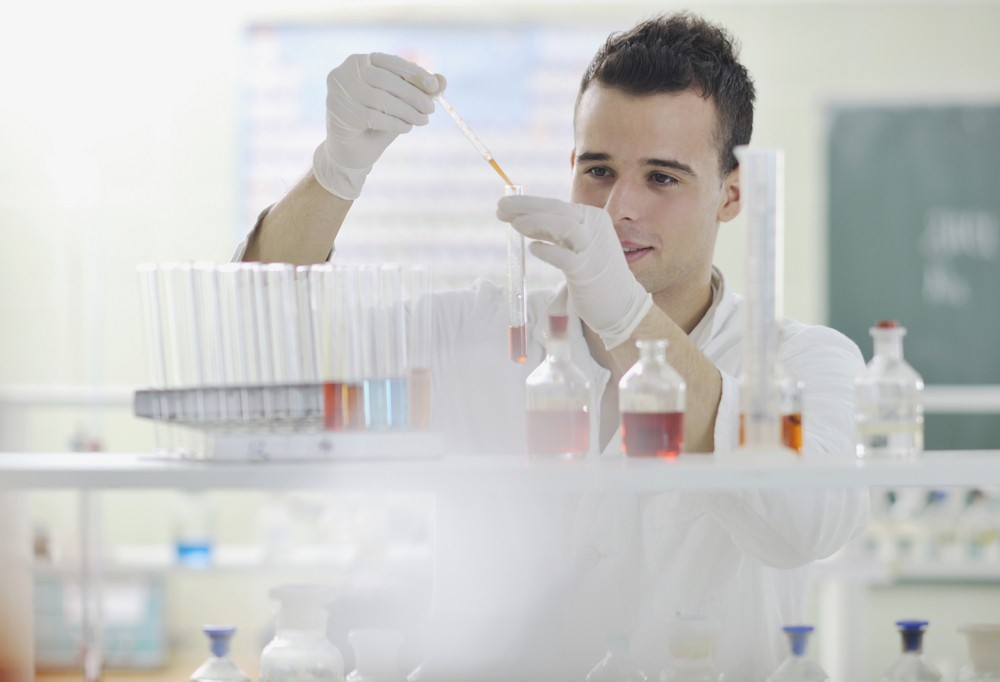The field of infectious disease research has advanced dramatically in recent years, thanks to modern technology. From artificial intelligence (AI) and big data analytics to next-generation sequencing and vaccine development, technological innovations are helping scientists detect, track, and combat diseases more effectively than ever before. With the constant threat of outbreaks and the rising complexity of infectious diseases, these advancements are not only saving lives but also reshaping the future of global health.
Advanced Disease Tracking and Predictive Analytics
One of the most significant ways technology is transforming infectious disease research is through improved tracking and predictive analytics. AI-powered models and big data analysis allow researchers to analyze vast amounts of information from various sources, including social media, travel patterns, and medical reports. These tools help predict disease outbreaks, allowing governments and healthcare organizations to respond proactively rather than reactively.
For example, during the COVID-19 pandemic, AI-driven tracking tools helped researchers monitor the spread of the virus in real time. This capability allowed public health officials to implement containment strategies, issue warnings, and allocate resources efficiently. By continuously refining these predictive models, researchers can anticipate future outbreaks of diseases such as influenza, measles, and even emerging viral threats.
Revolutionizing Vaccine Development
Vaccine development has historically been a slow and complex process, often taking years to complete. However, modern technology is streamlining this process, allowing for faster and more effective vaccine production.
One clear example of this is the flu vaccine. According to Medical News Today, if the flu vaccine is matched to circulating viruses, it can reduce flu risk by 40-60%. Advances in genomic sequencing and AI modeling have helped researchers better predict which flu strains will be most prevalent in a given season, allowing them to develop vaccines that provide better protection.
Moreover, the emergence of mRNA technology, used in COVID-19 vaccines, represents a groundbreaking shift in vaccine development. mRNA vaccines can be adapted quickly to respond to new variants or emerging viruses, offering a scalable and flexible solution to infectious disease prevention.
Genomic Sequencing and Personalized Medicine
Next-generation sequencing (NGS) is another transformative technology reshaping infectious disease research. By allowing scientists to decode the genetic makeup of pathogens, NGS enables researchers to identify mutations, track the evolution of diseases, and develop targeted treatments.
This technology played a crucial role in identifying and monitoring variants of SARS-CoV-2, the virus responsible for COVID-19. Researchers could quickly sequence and analyze the virus, leading to faster vaccine adjustments and improved public health strategies.
Beyond outbreak response, genomic sequencing is also paving the way for personalized medicine. Instead of using a one-size-fits-all approach, researchers can develop targeted therapies based on a person’s genetic susceptibility to certain diseases. This level of precision helps create more effective treatments with fewer side effects.
Workplace and Public Health Implications
Modern technology is not only improving disease research but also enhancing workplace safety and public health initiatives. Infectious diseases can have a significant impact on businesses and industries, causing widespread absenteeism and economic losses.
According to Healthline, the flu has resulted in between 9.3 million to 49 million illnesses each year in the United States. This burden affects workplaces, schools, and healthcare systems. Meanwhile, data from the United States Bureau of Labor Statistics shows that in 2022, around 2.8 million nonfatal workplace injuries and illnesses were reported in private industry. Many of these illnesses include infections that spread in high-risk environments, such as hospitals and manufacturing plants.
Technology is helping mitigate these risks through improved workplace hygiene monitoring, contact tracing apps, and AI-driven health screening tools. Wearable technology, for example, can track employees’ vitals, alerting them to early signs of illness and helping to prevent workplace outbreaks before they start.
The Role of AI in Drug Discovery and Treatment
Artificial intelligence is also accelerating drug discovery for infectious diseases. Traditional drug development is a lengthy and costly process, but AI algorithms can quickly analyze millions of chemical compounds to identify potential treatments.
During the COVID-19 pandemic, AI was used to screen existing drugs for their potential to treat the virus. This rapid analysis helped scientists repurpose existing medications, speeding up the availability of treatments while new drugs were being developed.
The rapid advancement of modern technology is reshaping the way we understand, track, and fight infectious diseases. From AI-powered disease surveillance to revolutionary vaccine development and genomic sequencing, these innovations are saving lives and improving global health outcomes.
